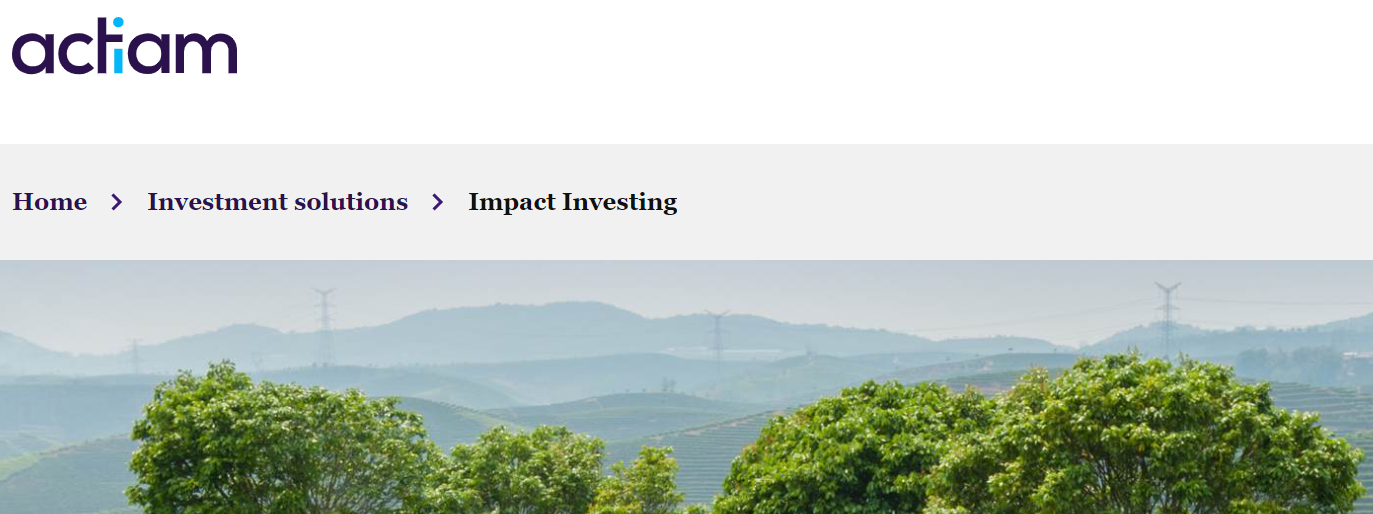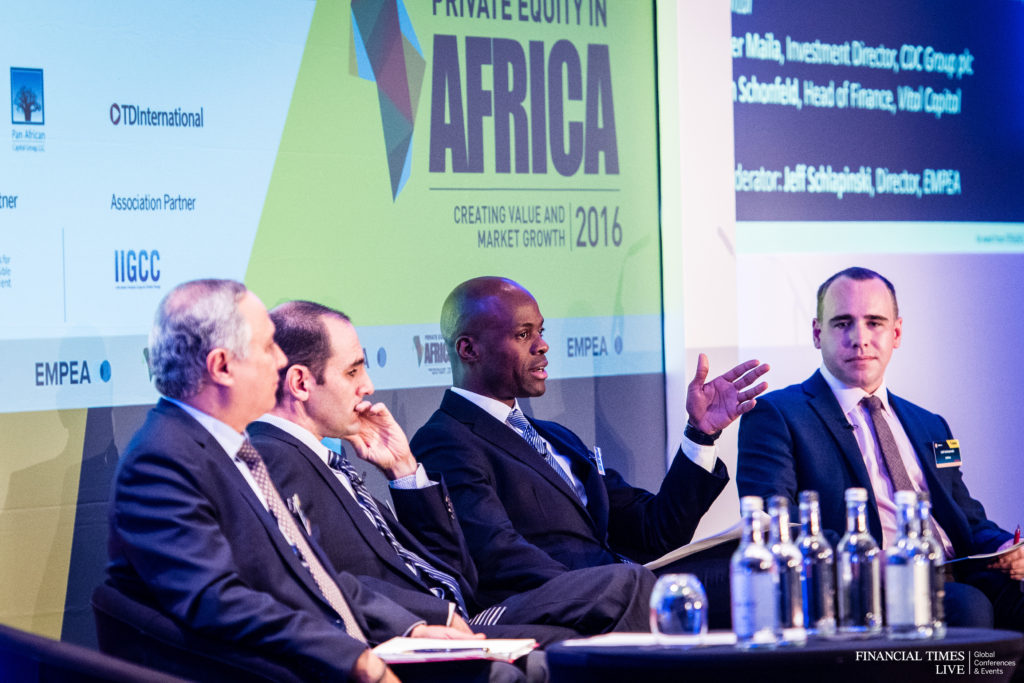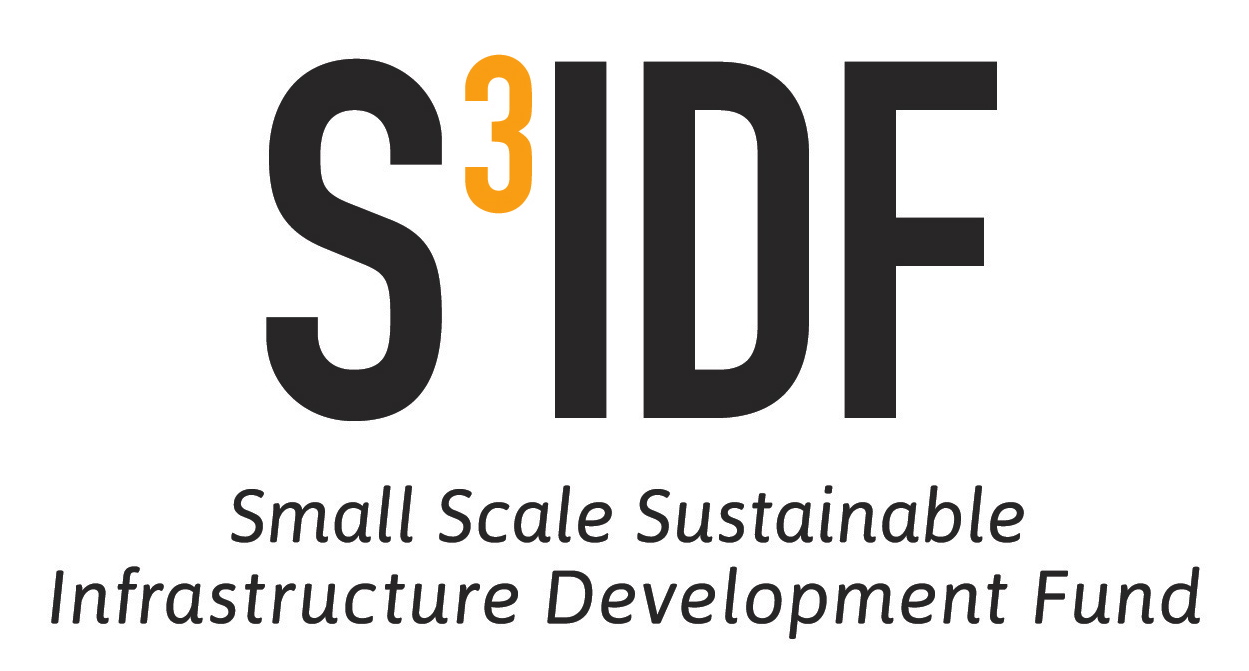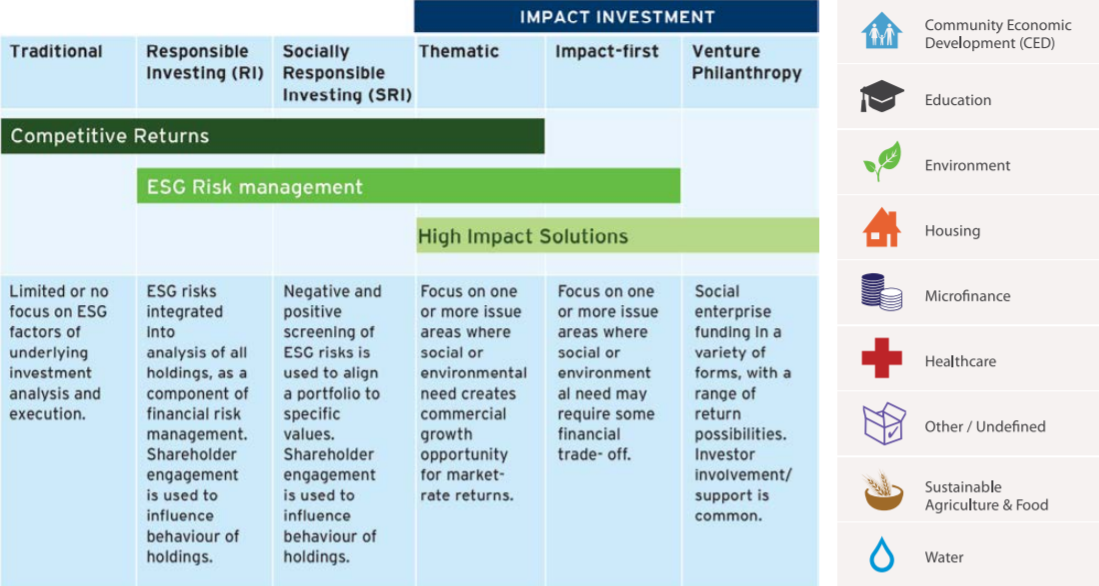ACTIAM is a trendsetter when it comes to impact investing. They launched they’re first institutional funds in microfinancing as early as 2007 and 2008: ACTIAM Institutional Microfinance Fund I and II respectively. The firm’s strength is making investment opportunities scalable in high-impact themes. With a track record of over 12 years in impact investing, our team demonstrates a sound performance.
Making Impact Investing Scalable
ACTIAM offers capital and knowledge and develop small initiatives into scalable investments. They monitor the progress, measure the impact, prepare reports and safeguard the robustness of the process. The firm is also active in the professional development of the sector. In 2018, ACTIAM was the co-author of the ‘PRI Impact Investing Marketing Map’ of the United Nations Principles for Responsible Investments.
Track record ACTIAM Financial Inclusion Fund (previously ACTIAM Institutional Microfinance Fund III -AIMF III)
The fund was launched in December 2014 and provides debt capital to MFIs (microfinance institutions). The fund capital committed by the participants amounts to €106.5 million and has a net asset value of €116.3 million (Q4-2018). The fund invests in 47 entities divided over 25 countries (Q4-2018) and achieves an IRR since inception of 3.8%, year-end 2018.The average maturity of the loans is 2.5 years.
The ACTIAM Financial Inclusion Fund applies the sector-specific responsible principles of the Principles for Investors in Inclusive Finance (PIIF) and achieved the highest rating A+ (2018).
The ACTIAM Financial Inclusion contributes among others to meeting the Sustainable Development Goal 1 (no poverty), Sustainable Development Goal 8 (decent work and economic growth), Sustainable Development Goal 9 (Industry, innovation and infrastructure) and Sustainable Development Goal 10 (Reduced inequalities).
The fund has provided 230,000 employees (2018) with (improved) access to funding; almost 80% of these employees are women and more than half of them live in rural areas.
Continually Innovating
ACTIAM launched its first institutional funds in microfinancing as early as 2007 and 2008: ACTIAM Institutional Microfinance Fund I and II respectively. Both funds have continuously outperformed the SMX Microfinance Index. As a thought leader in impact investing, they keep looking for new solutions for example, in the area of food and agriculture. Due to a growing world population and increasing prosperity, the demand for energy and food rises accordingly.
Please read their case study on impact investing about a loan to Khan Bank in in Mongolia.
Source: Actiam: https://www.actiam.com/en/investment-solutions/impact-investing/
#socialfinance #impactinveting #ESG #sdgs #mba #wbs #socialenterprise #fundraising #charity #philanthropy #thesectorinc #bradfordturner #socialinnovation #peace #love #change





